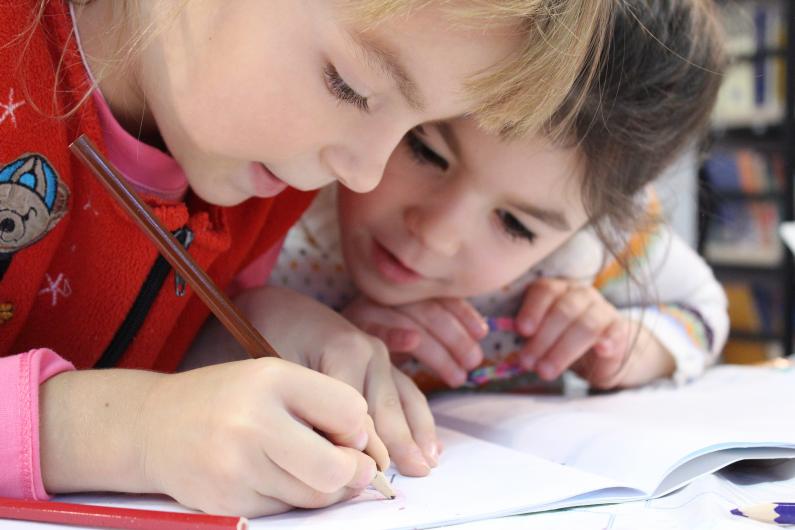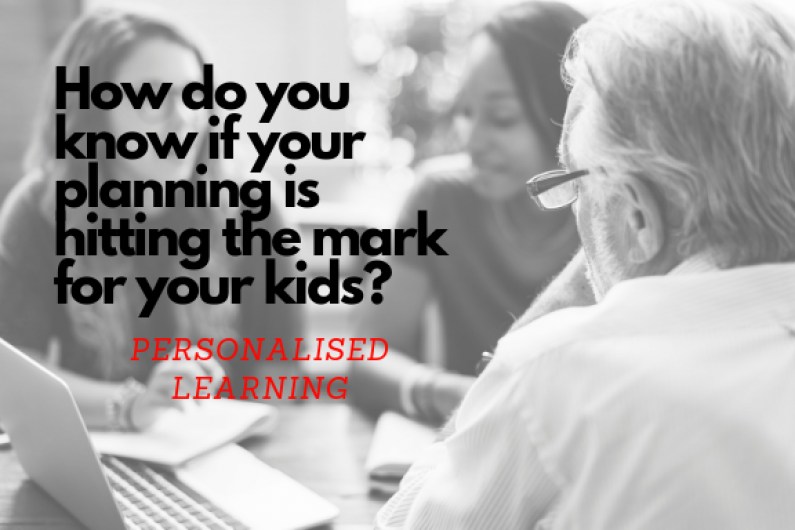
Self-management means to take control of your own behaviour and well-being. It teaches us to be autonomous, aware and more responsible. People who can successfully self-manage are seen to be assertive and confident in their own capabilities, as direction and motivation becomes intrinsic. So why then is self-management in learning spaces within primary schools met with such an outcry? Why do many parents envisage their child distracted on an iPad, as one of 100 children with an innovative learning space, under the pretence of a “self-managed learner”? There is a skewed perception of what self-management is within classrooms, and it is this perception that causes unrest and tension between parents, the community, reluctant teachers and progressive learning spaces.
For some background information, I too was once very sceptical of the role self-management plays within a classroom. Over the past ten years, the education sector has been flipped upside with the integration of technology and the move towards innovative learning environments. It felt like we never had a choice – these new, “progressive” ideas within education were thrust upon us because they are deemed to be modern, and we are living in a 21st century world. Terms like self-management, self-regulation and self-efficacy were thrown around as the role of the teacher and the student became blurred. With all this emphasis on “self”, what role does the teacher really play within their students learning journey? I think the controversy has stemmed from the idea that teachers are relinquishing their responsibility by promoting self-management. It seems to be proving difficult to find a balance between creating children who are confident and responsible outside of their classroom and allowing self-management to flourish in their classroom too.
The crux of self-management is important because involving students in their own learning choices motivates them to engage. We shouldn’t be surprised if students are disinterested and unengaged during their learning if the learning isn’t interest-based or at the very least, if student engagement is discouraged. Educator Jeff Groff tells us that self-regulated learners who know how to manage their time, their behaviours and their learning strategies are more likely to set themselves goals and have high expectations of what they are capable of, have strong meta-cognitive skills and apply knowledge and skills flexibly and creatively within a variety of contexts. Perhaps seeing learners as active agents in joint control of their learning journey is daunting for us as teachers. For so long we have been used to having full control over the planning, the context, the learning, the journey and the outcome. We haven’t realised that students are capable of playing a role in their own learning and decision-making. At the end of the day, teaching is all about nourishing young minds to become more and more curious as they grow. If learners are at the centre, then their interests, needs and curiosities should be at the centre alongside them. This is a child’s learning journey, one that they have every right to play an active part in.
Self-management is so much more than students sitting in front of an iPad, feeling disengaged and disassociated from what really matters in learning. When it is done right, self-management allows children to construct their knowledge through active exploration and by making connections. Self-management and self-regulation builds a strong sense of agency and identity in our learners, who are aware of what they want to learn and how they want to learn it. It builds children who are confident and inspired, who can enter the real world knowing who they are and how to continue to learn. When teachers and their students are equals, self-belief is a valuable by-product. Gone are the days where the teacher possessed all the knowledge and decision-making within a classroom. 21st century learning is exciting, effective and totally transferable beyond the classroom walls.
Your comments are always welcome. Link

05 May
How do you know if your planning makes sense for your kids?
Well, I don’t think you can!
This is partly because no one has ever defined what personalised learning looks like in real terms or come up with a collective agreement of how to plan, track, mark or report on it.

11 Jan
YouPlanIt Classroom (YPI) Trial, November 2017
Why are my students driving me crazy? I’m up against power struggles every day and find myself exhausted just thinking about the next meeting talking about that kid who refuses to listen!